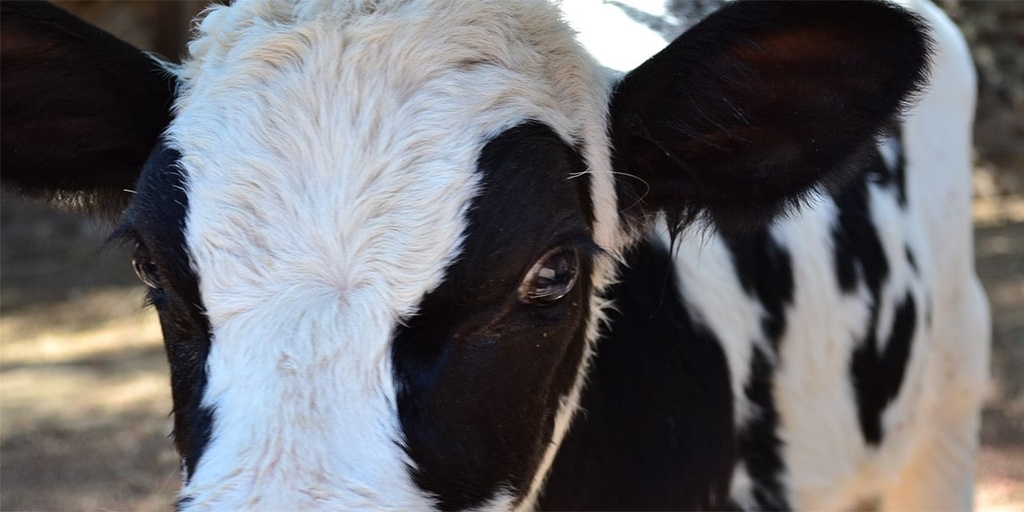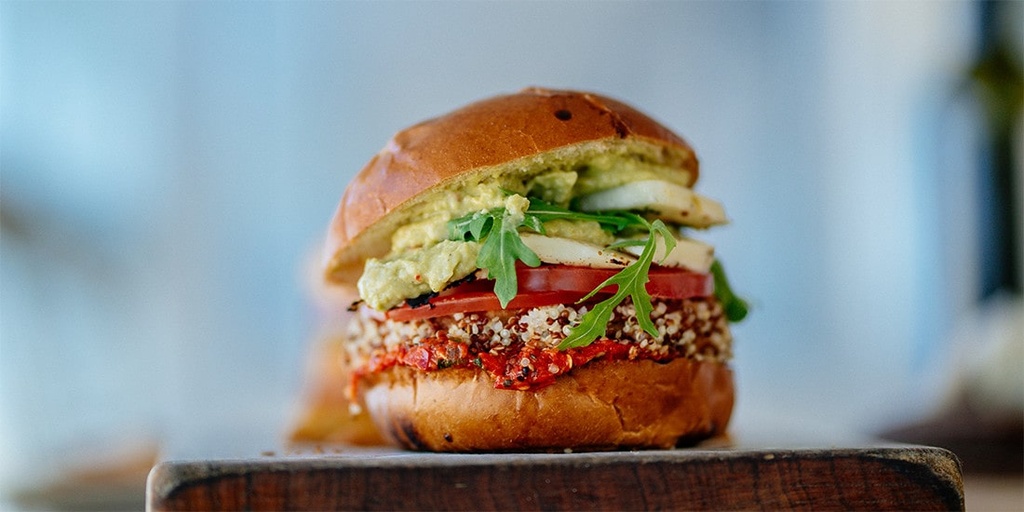Avoid eating red meat
- Earth Points
- 30
- Ease
- Medium

Photo by Zyanya BMO on Unsplash
Description
Looking for a way to potentially live longer and help avoid overheating the planet? Consider a simple diet change to phase cows, sheep, and goats out of your regular eating habits. You may even save some money from buying over-priced meat while you are at it.
As well as contributing to an increased risk of cardiovascular disease, bowel cancer, diabetes, and premature death, red meat and its production have severe implications for the environment and climate change.
While agriculture and associated actions, such as land-use change and forestry, account for an astonishing quarter of human-induced greenhouse gas emissions (including methane and nitrous oxide), livestock production alone accounts for a majority of that. However, not all livestock are equal with regard to their carbon footprints.
The disparity between different livestock is best explained by the different inputs and conditions for their production and maintenance. Cows, the most popular red meat in many countries, are highly resource-intensive to raise. They are inefficient animal-based food sources, along with other regurgitated cud-chewing animals like sheep and goats. A key reason is these ruminant animals tend to have lower growth and reproduction rates.
Comparing beef and chicken, we can see this. Energy inputs for agricultural products measured in Btu (British thermal units):
1 kilo of Beef = ~200,000 Btu 1 kilo of Pork = ~80,000 Btu 1 kilo of Chicken = ~30,000 Btu
Beef is around 7x more energy-intensive when compared with chicken. This corresponds to the large amounts of food, water, and space a cow requires to grow. It is a relatively energy-intensive process by which a cow becomes a burger, steak, or meatloaf.
This does not include other impacts of cattle farming, which are in some ways far more significant. Cattle ranching accounts for a staggering 80 percent of the current deforestation of the Amazon rainforest. Large forest areas are being cleared for soybean production, a staple of cattle feed.
This carbon-intensive industry relies on a societal inclination towards red meat. This is based on common misconceptions about the dietary value of red meat over other types of food and the specific cultural values surrounding red meat. These ideas are pushed by those who want to make money off of you, along with an army of advertisers and influencers backing them up.
At the same time, you will save some cows from leading rough lives as part of the industrial meat production process.
Tips
• Do not feel like you need to change your red-meat habit right away. Nor do you need to be perfect. Figure out what works for you. Each step you are able to take towards a better way of living is a great one.
• Try different options in the circumstances that you find yourself eating red meat. Perhaps that means having fun with a new dish at a favorite restaurant, while cooking a holiday meal, or changing up your grocery store shopping habits. You might even discover some great new foods in the process!
• Not everyone may completely understand your eating habits and that is fine. If people ask, a simple response saying you are doing it for the usual reasons gets the message across. If you want to go deeper, in the right situation, you can get into the health, waste, and/or ethical reasons that resonate most with you.
Additional Resources
- https://www.sciencedirect.com/science/article/pii/S0963996920303665?casa_token=HCWZQW8y0OYAAAAA:B-dhze1nzrNp0-Cm5zYgR0r_I8Z-4HuhVMMWS8ueYF_4VVuh4QDUmdgICAocqB_2i5txdMLfBg
- https://www.health.harvard.edu/staying-healthy/whats-the-beef-with-red-meat
- https://www.saveonenergy.com/resources/food-production-requires-energy/
- https://wwf.panda.org/discover/knowledge_hub/where_we_work/amazon/amazon_threats/unsustainable_cattle_ranching/?#:~:text=Cattle%20ranching%20accounts%20for%2080%25%20of%20current%20deforestation%20throughout%20the%20Amazon.
- https://www.bloomberg.com/news/articles/2021-01-04/slave-labor-at-brazilian-cattle-farms-focus-of-new-report.
